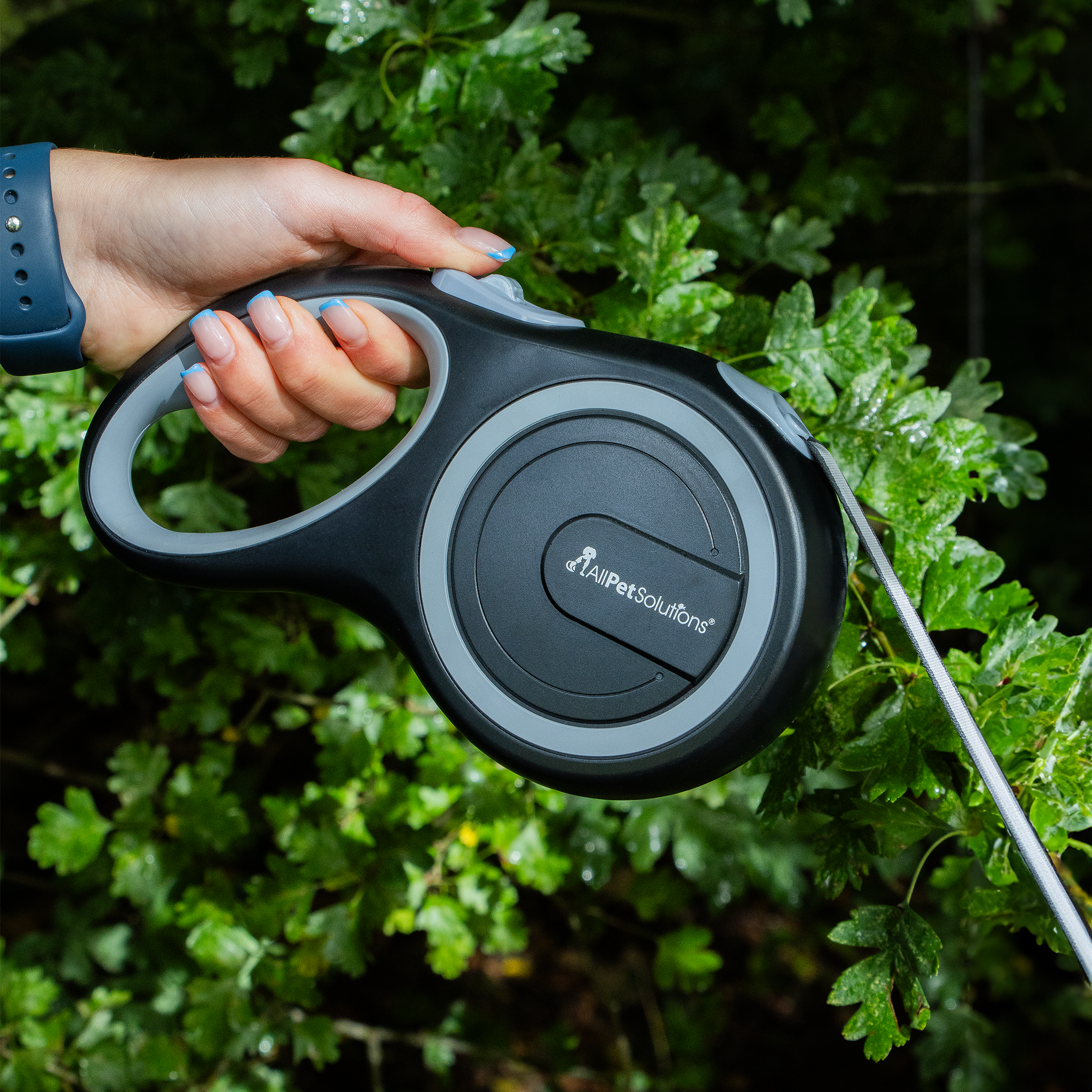Can My Cat Get Heatstroke?
Although most of us know that too much sun and heat can make us feel unwell, we often forget that cat heatstroke is a very real risk in hot weather!
It's often trickier to spot cat heatstroke because the symptoms are less obvious than in dogs.
AllPetSolutions has compiled this guide with all the essential info you need about spotting cat heatstroke, treating it, and keeping your kitty safe in the summer.
How Do I Know if My Cat Has Heatstroke?
Symptoms of cat heatstroke include:
- Panting and drooling, or other breathing difficulties
- Elevated heart rate
- Behaving restlessly or agitated - such as pacing
- Having a bright red tongue, and either deep red or very pale gums
- Vomiting and diarrhoea
- Lethargy, dizziness or disorientation
Advanced cat heatstroke can lead to seizures and tremors, so it is vital to act quickly.
At What Temperature Do Cats Get Heat Stroke?
Most cats can cope with heat up to around 100 °F / 37 °C as a maximum. Still, a lot depends on their age, coat and overall health.
Some owners assume shorthaired cats will be fine, but they may be more exposed to sunburn, particularly on the ears, or if the cat is pregnant, nursing or outside without access to cat water bowls.
Experts recommend using water fountains for cats, as the running water provides a fresh, cooling drink.
Our Pet Drinking Fountain is a great solution, especially if you're out during the day.
What Do I Do If My Cat Has Heat Stroke?
Water bowls for cats indoors and out and cooling pet products go a long way to preventing overexposure to the sun.
If you see any signs of cat heatstroke, remove your cat from the heat immediately and use a pet towel or Cooling Mat to bring their temperature down.
Dampening the area or using cooling pet products can help reduce your cat's body temperature faster, but make sure the water is tepid or cool, never ice cold.
A soft, absorbent Pet Towel is ideal, and you should top up your Cat Bowls throughout the day with fresh water.
Even if your cat seems to have recovered, contact your vet straight away; excess temperatures can cause organ damage, so they always require urgent treatment, even if your kitty appears to be on the mend.

